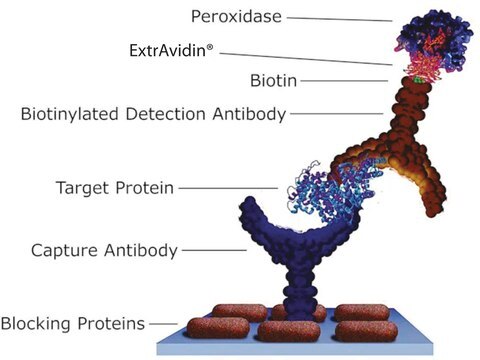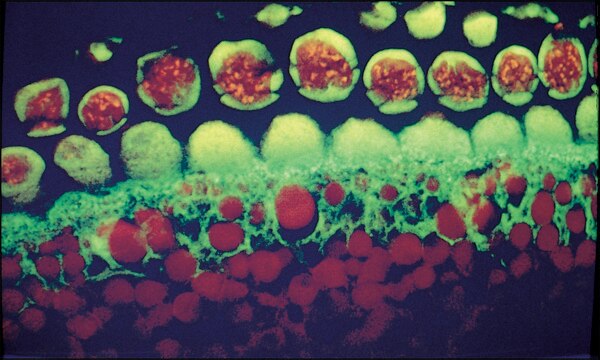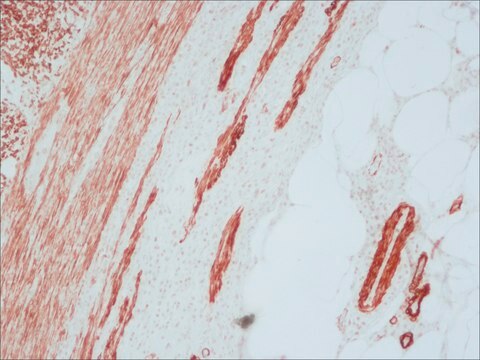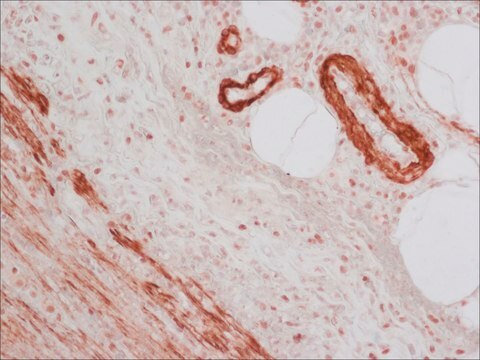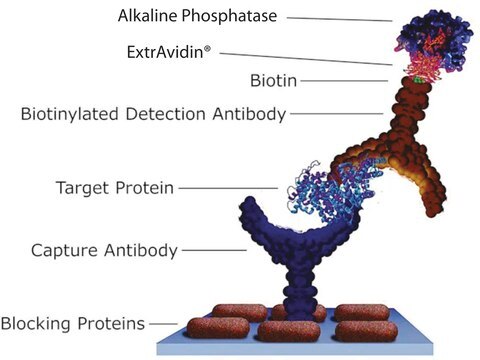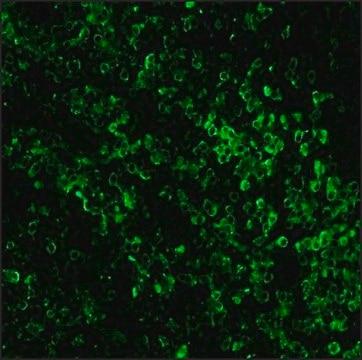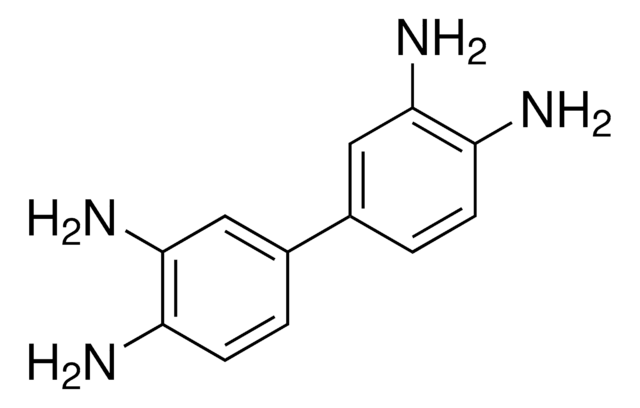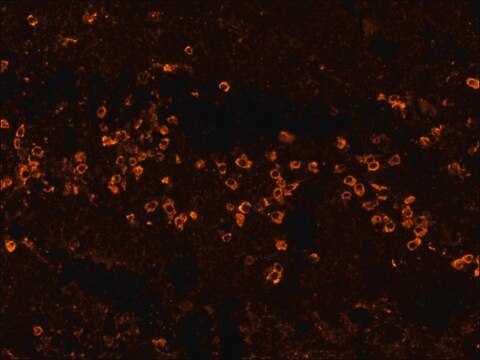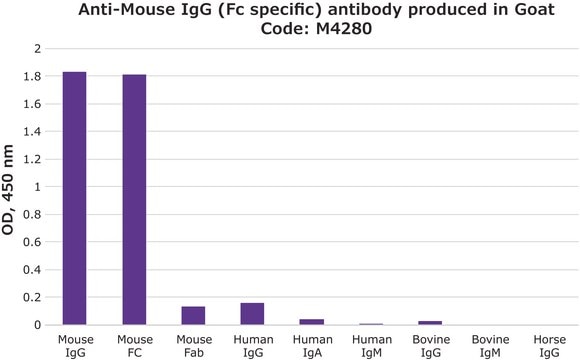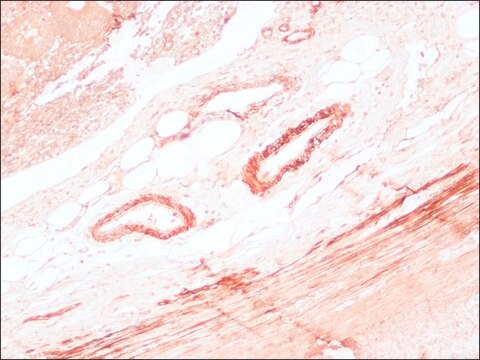B7401
Anti-Mouse IgG (Fc specific)–Biotin antibody produced in goat
affinity isolated antibody, buffered aqueous solution
About This Item
Recommended Products
biological source
goat
Quality Level
conjugate
biotin conjugate
antibody form
affinity isolated antibody
antibody product type
secondary antibodies
clone
polyclonal
form
buffered aqueous solution
technique(s)
direct ELISA: 1:160,000
immunohistochemistry (formalin-fixed, paraffin-embedded sections): 1:400
western blot (chemiluminescent): 1:300,000 using total cell extract of HeLa cells (5-10 μg/well)
storage temp.
−20°C
target post-translational modification
unmodified
Looking for similar products? Visit Product Comparison Guide
Related Categories
General description
Biotin:avidin second antibody signal systems involve the conjugation of biotin to a secondary antibody. Once the secondary antibody binds to a target primary antibody in an immunochemical assay, the signal is developed by allowing avidin which has been conjugated to an enzyme or signal molecule to bind to the antibody associated biotin molecule.
Application
Other Notes
Physical form
Preparation Note
Disclaimer
Not finding the right product?
Try our Product Selector Tool.
Storage Class
12 - Non Combustible Liquids
wgk_germany
nwg
flash_point_f
Not applicable
flash_point_c
Not applicable
Certificates of Analysis (COA)
Search for Certificates of Analysis (COA) by entering the products Lot/Batch Number. Lot and Batch Numbers can be found on a product’s label following the words ‘Lot’ or ‘Batch’.
Already Own This Product?
Find documentation for the products that you have recently purchased in the Document Library.
Customers Also Viewed
Our team of scientists has experience in all areas of research including Life Science, Material Science, Chemical Synthesis, Chromatography, Analytical and many others.
Contact Technical Service